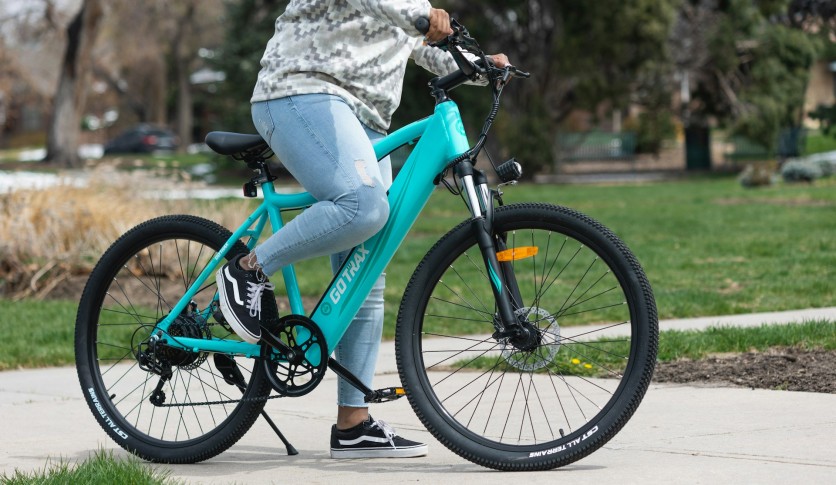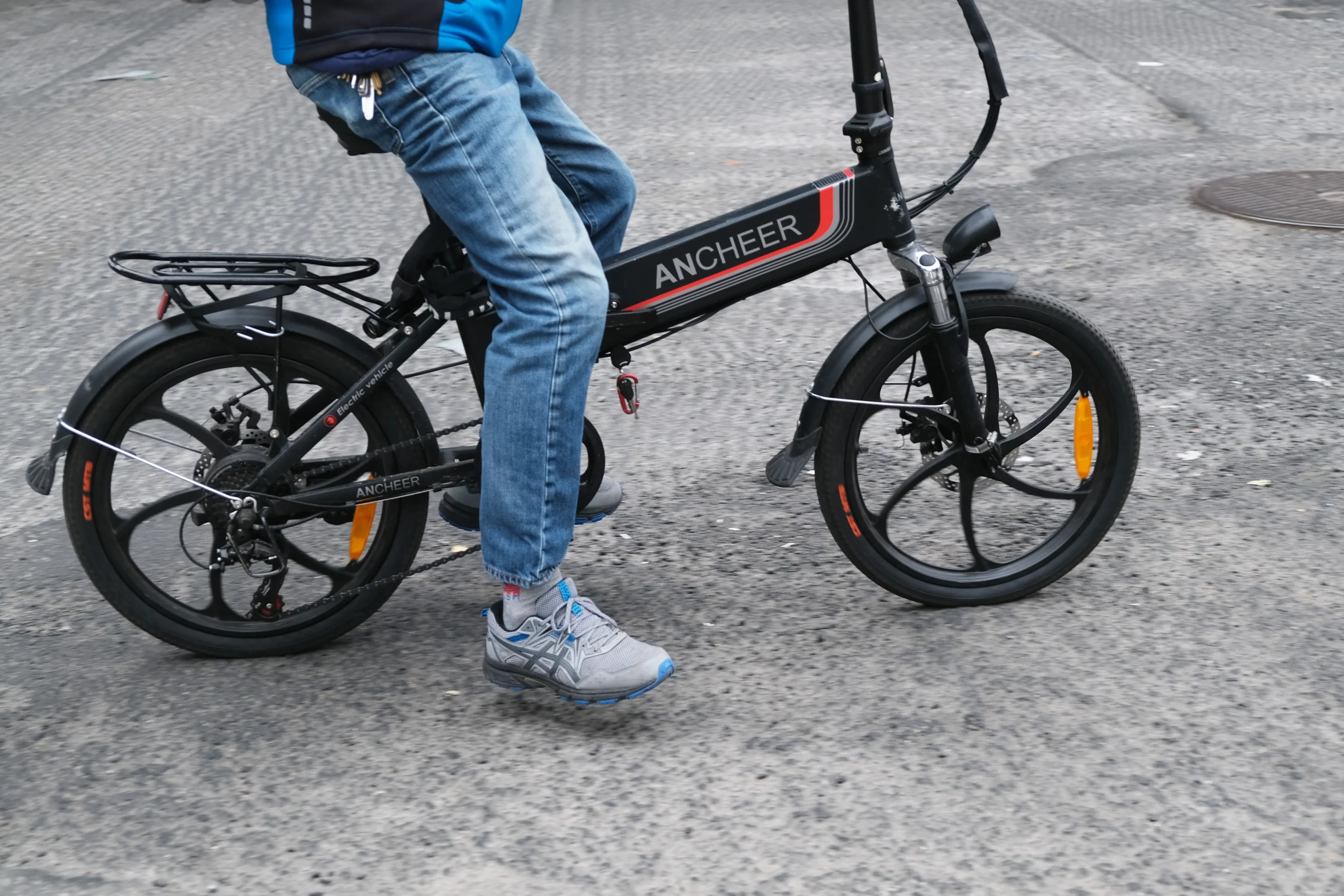The City Council is considering a new bill that would require electric bikes and scooters to be licensed and registered, following an alarming rise in accidents involving these vehicles. Over the last five years, 47 fatalities have occurred in e-bike-related crashes, prompting the proposal for increased regulation. Council member Bob Holden, who introduced the bill in March 2023, argues that this legislation is crucial for improving public safety. At the first public hearing on the bill, Holden pointed to the chaos and danger caused by e-bikes, claiming that the city needs more oversight and accountability to prevent further injuries and deaths.
The bill, known as “Priscilla’s Law,” was named after Priscilla Loke, a 69-year-old woman killed by a Citi Bike in Chinatown in September 2023. Her tragic death highlights the urgency of the legislation, as electric bikes and scooters continue to proliferate across city streets. The proposed law would require all electric bikes and scooters, including those used for food delivery services, to be registered with the New York Department of Motor Vehicles (DMV). The vehicles would also need to display a visible identification number. By mandating this registration, the law aims to introduce a level of accountability for both the riders and the companies involved in the e-bike industry.

Support from Victims and Advocates for the Bill
Supporters of the bill argue that it would help reduce the number of e-bike accidents and improve overall safety. The NYC Electric Vehicle Safety Alliance (EVSA), a coalition of over 1,200 members, including victims of e-bike crashes, is a strong proponent of the legislation. Pamela Manasse, a cofounder of EVSA, shared her personal experience of being struck by an e-bike in 2022, which left her with a traumatic brain injury. Manasse is now on a mission to advocate for safer streets to prevent others from experiencing similar life-changing injuries. Her testimony reflects the growing concerns among New Yorkers about the dangers of unregulated e-bikes and the need for stronger measures to protect the public.
The dangers of e-bikes are evident in the rising number of fatalities. In 2024 alone, twelve people have died in crashes involving e-bikes and e-scooters. Over the last five years, 47 people have lost their lives in accidents involving these vehicles, with many of the victims being the riders themselves. However, pedestrian fatalities also remain a significant concern, as nine pedestrians have died in such accidents during this period. Furthermore, experts argue that e-bike crashes are often underreported. Andrew Fine, an EVSA member, pointed out that many victims are unaware of the reporting requirements, leading to incomplete data and a lack of accurate information on the scale of the issue.
While the bill has garnered significant support, it also faces opposition from certain groups, particularly those representing small businesses. The NYC Hospitality Alliance, which represents restaurants and nightlife establishments, has expressed concerns about the bill’s potential financial and administrative burdens. They argue that the bill could impose additional costs on restaurant owners who rely on delivery services. Some business owners may struggle to find delivery drivers willing to register their e-bikes, while others might face the financial strain of covering the registration fees. Additionally, the Alliance questions whether adding another layer of identification, such as a license plate, would truly improve safety when delivery bikes already require a unique ID number.

City’s Stance and Debate Over Enforcement
The Department of Transportation (DOT) has expressed support for the intent behind the bill but remains cautious about its effectiveness. Commissioner Ydanis Rodriguez acknowledged that the city’s current regulations already provide tools for enforcing traffic laws among e-bike riders. He argued that a license plate may not be necessary for effective enforcement. However, Holden and other supporters of the bill contend that more oversight is needed to prevent reckless behavior before it occurs. They believe that the introduction of registration requirements would serve as a proactive measure to address the problem, rather than relying solely on reactive enforcement.
The debate over Priscilla’s Law continues to unfold as various stakeholders weigh in on the proposed legislation. On one hand, proponents argue that the bill is essential for ensuring public safety and holding both riders and companies accountable for the growing number of e-bike-related accidents. On the other hand, critics caution that additional regulations could place an undue burden on businesses and riders, without significantly improving safety. As the City Council continues to consider the bill, it remains to be seen how the city will balance the need for stronger regulation with the practical concerns of the e-bike industry and its users.

